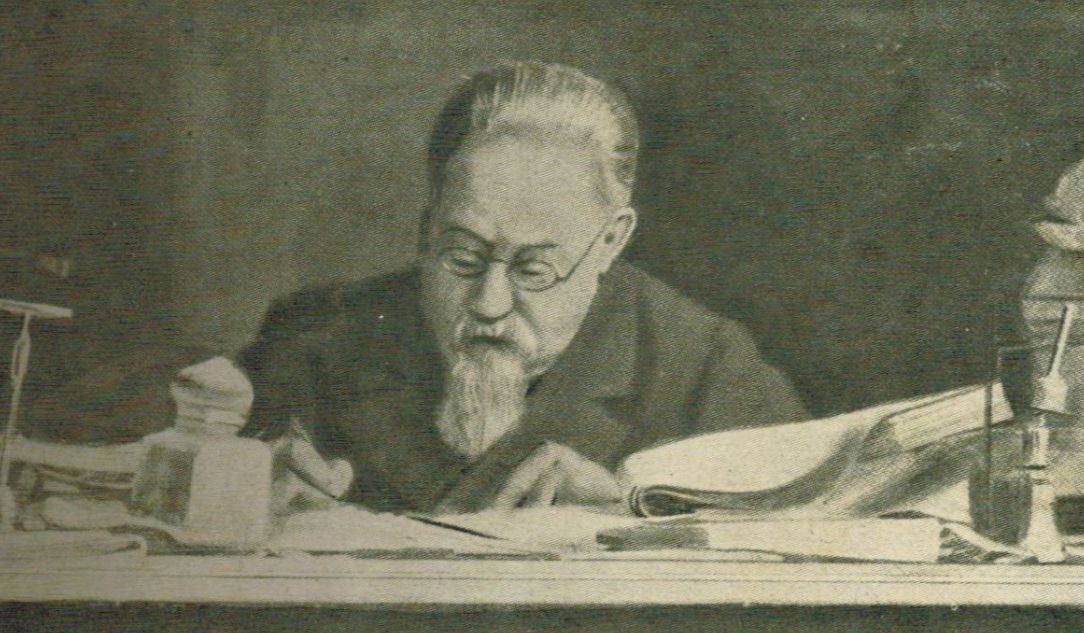Cesare Lombroso, the Italian professor often called the “father of criminology”, was born on this day in 1835 in Verona.
Lombroso transformed the study of criminal behaviour by introducing a scientific approach to understanding the criminal mind. Although many of his theories have since been discredited, his work marked a turning point in the evolution of modern criminology and psychology.
He believed that criminals could be identified through physical traits — which he termed “stigmata” — such as asymmetrical faces, sloping foreheads, or unusually long limbs. Lombroso argued that these features were evolutionary throwbacks to primitive ancestors, whose instincts clashed with the norms of modern society.
Through extensive postmortem studies and comparisons between criminals, the mentally ill, and non-offenders, Lombroso developed his theory of the “born criminal.” He claimed such individuals had distinct psychological and sensory traits, including reduced pain sensitivity and heightened vanity or cruelty.
Despite his controversial ideas, Lombroso also championed more humane treatment of prisoners. He proposed reforms to Italy’s penal system, favouring rehabilitation and productive work programmes over purely punitive measures.
Explored links between genius and insanity
Born into a wealthy Jewish family descended from rabbis, Cesare Lombroso studied at the universities of Padua, Vienna, and Paris. He later held professorships in psychiatry and forensic medicine at the universities of Pavia and Turin, and directed a mental asylum in Pesaro.
His best-known works include L’uomo delinquente (The Criminal Man, 1876) and Le Crime, causes et remèdes (Crime: Its Causes and Remedies, 1899). He also explored links between genius and insanity in The Man of Genius (1889), where he controversially claimed that artistic brilliance was a hereditary form of madness.
Lombroso’s influence extended across Europe and the United States, shaping early criminological thought before later generations rejected his biological determinism in favour of social and environmental explanations for crime.
A monument in his native Verona honours his pioneering role in opening the study of the criminal mind to scientific inquiry.





